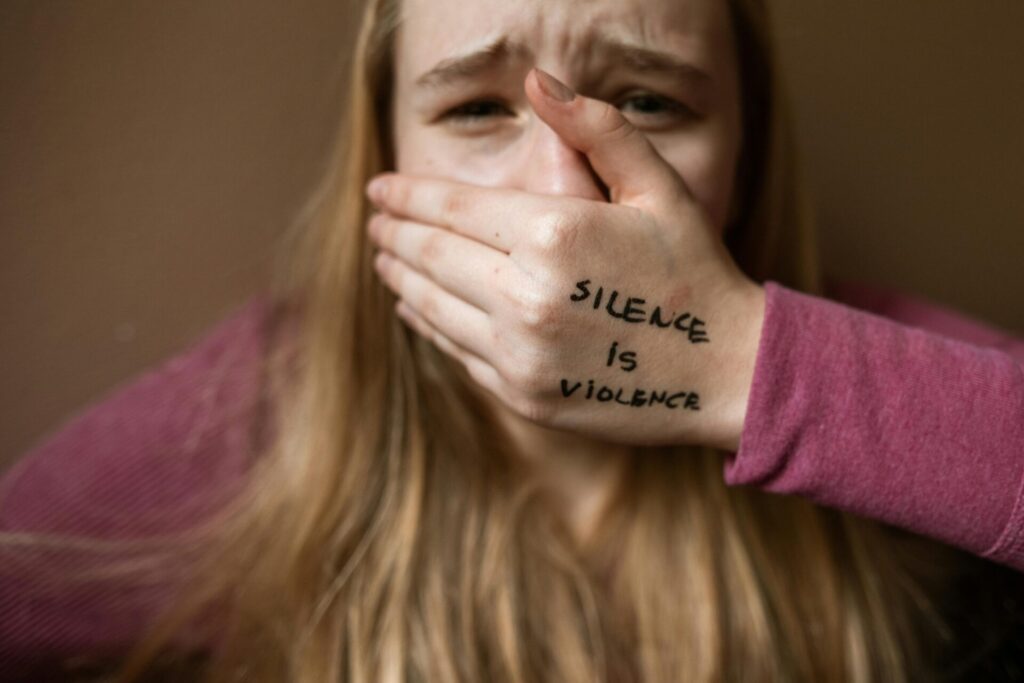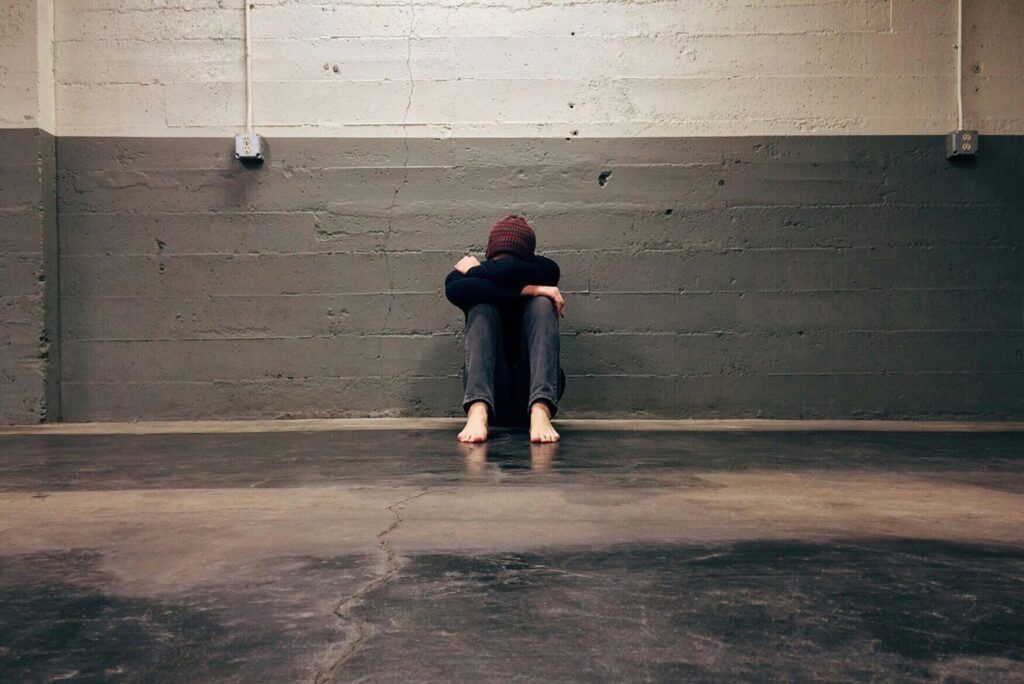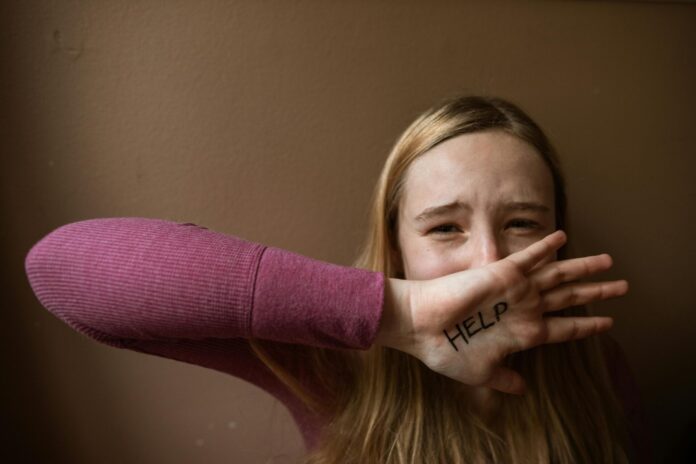It’s simple to be swept up in the moment in relationships and ignore actions that could endanger us in the long run. Unfortunately, toxic relationship can strike anyone at any time. Maintaining your physical and mental well-being depends on being aware of the warning signs and learning how to respond to them. Let’s examine these harmful indicators in more detail and consider solutions.
1. What Defines a Toxic Relationship?

A partnership that consistently compromises your well-being is unhealthy. This may manifest in a number of ways:
Emotional and Psychological Manipulation
Emotional manipulation is a common tactic used by toxic partners to dominate each other. This can involve playing the victim, guilt-tripping, or turning your concerns into assets.
Lack of Respect and Trust
Mutual trust and respect are the foundation of any successful partnership. These fundamental components are frequently lacking in toxic relationships, which results in a persistent feeling of uncertainty and uneasiness.
Consistent Negative Energy
There is obvious toxicity in your relationship if it feels more depleting than invigorating. Over time, a persistently negative outlook might damage your happiness and mental well-being.
2. Early Warning Signs:
Early detection of toxic behaviors can spare you a great deal of suffering.
Excessive Jealousy and Possessiveness
A small amount of jealousy is normal, but when it gets out of control, that’s a warning sign. This is frequently the result of profound insecurity and can give rise to stifling and domineering possessive tendencies.
Over-Controlling Behavior
It’s a serious red flag when your spouse tries to dictate who you see, what you do, or even how you think. Mutual freedom and support are the foundation of healthy relationships.
3. Communication Breakdown:
A strong relationship is built on effective communication. This falls apart rather quickly in toxic relationships.
Constant Criticism and Blaming
While constructive criticism is beneficial, unrelenting, pointless criticism is detrimental. An unhealthy dynamic arises when someone holds you responsible for every issue in the relationship.
Silent Treatment and Stonewalling
Silence used as a tool of emotional abuse is not appropriate. It might make you feel alone and unloved and create a power imbalance.
4. Emotional Abuse:
Even slight emotional abuse can have devastating effects.
Gaslighting
An example of psychological manipulation is gaslighting, in which the victim is made to doubt reality. You might become perplexed by this and start to question your sanity.
Verbal Abuse
Verbal abuse takes many forms, such as insults, disparaging remarks, and persistent put-downs, which can seriously harm your mental and emotional well-being.
5. Physical Abuse:

Often, physical violence is the most obvious way that something is harmful.
Recognizing Physical Abuse
Physical violence of any kind, including pushing, hitting, and other acts of aggression, is not acceptable. It’s critical to recognize these signals for your safety.
Impact on Physical and Mental Health
Physical violence has a serious negative influence on your mental and physical health. Severe anxiety, PTSD, and persistent ailments can result from it.
6. Financial Control:
Another control mechanism used in toxic relationships is financial abuse.
Restricting Access to Finances
Abuse occurs when your partner has complete control over the finances and limits your access. Because of this dependency, ending the relationship may be quite challenging.
Economic Dependency
One technique to keep you imprisoned is to make you economically dependent. It’s critical to acknowledge this and take action to become financially independent.
7. Social Isolation:

You are frequently cut off from your support system by toxic partners.
Cutting Off from Friends and Family
Toxic spouses give you more power over you by isolating you from your loved ones. You could feel hopeless and alone as a result of this isolation.
Creating Dependency on the Abuser
The purpose of social isolation is to further solidify the abuser’s control over you by making you completely reliant on them for social and emotional support.
8. Psychological Effects:

Long-lasting psychological repercussions can result from a toxic relationship.
Anxiety and Depression

Severe anxiety and despair can result from being in a hazardous environment. These illnesses can have an impact on many facets of your life, including your relationships and career.
Low Self-Esteem
Your self-esteem can be damaged by ongoing criticism and emotional abuse, which can make you feel unworthy of love and worthless.
9. Long-term Consequences:
A toxic relationship can have far-reaching effects that go well beyond the partnership.
Chronic Stress and Health Issues
A toxic relationship’s ongoing stress can cause heart disease, hypertension, and immune system weakness, among other major health problems.
Impact on Future Relationships
Being in a toxic relationship might affect your potential to have loving, healthy relationships in the future by making it harder for you to trust people.
10. How to Address Toxic Relationships:

You must take action to resolve a toxic relationship for your health.
Self-Reflection and Acknowledgment
The first step is admitting you’re in a toxic relationship. You can identify trends and choose your next course of action with the aid of self-reflection.
Setting Boundaries
It’s important to establish boundaries. Express your boundaries and be explicit about the actions you will not accept.
11. Seeking Professional Help:

Expert assistance can give you the support you need to get through this challenging circumstance.
Counseling and Therapy
Counselors and therapists can offer coping mechanisms and healing techniques to assist you in better comprehending your circumstances.
Support Groups
Support groups provide a secure setting where you can talk about your experiences and get encouragement from people who have gone through similar things.
12. Creating a Support System:
Rebuilding your network of support is essential to your healing.
Reconnecting with Loved Ones
Speak with loved ones and friends who can provide both practical and emotional support.
Building a Network of Trust
Regaining your confidence and sense of security can be facilitated by establishing new relationships based on mutual respect and trust.
13. Developing a Plan for Safety:
Your safety should always come first.
Safety Planning and Exit Strategies
Create a safety plan that includes an escape plan in case you have to end the connection soon. This plan may include contacts for emergency assistance, a list of safe locations to go to, and essential documents to bring.
Legal Protection
If needed, seek restraining orders or other legal protection to keep yourself safe from the abuser.
14. Moving Forward:

It takes time and work to move past a toxic relationship and heal.
Healing and Self-Care
Take part in enjoyable activities that enhance your well-being, such as sports, meditation, and creative pursuits.
Rebuilding Your Life
Put your attention toward starting over by making new plans, following your passions, and associating with uplifting people.
Conclusion:
Your health and welfare come first. It takes courage to identify toxic relationships and deal with them to live a better, healthier life. Never forget that you have a right to a relationship in which you feel appreciated, loved, and respected. Put your pleasure first and take the appropriate precautions to keep yourself safe.
FAQs
How can I recognize whether a relationship is toxic?
Constant criticism, emotional manipulation, dominating actions, social isolation, and any kind of abuse are indicators of a toxic relationship. Follow your gut and ask for help if you sense something is odd.
What are the first steps to take if I am in a toxic relationship?
To begin with, identify the poisoning, establish boundaries, and ask friends, family, or experts for help. If you do decide to go, it’s also important to have a safety plan.
Can toxic relationships be fixed?
Certain unhealthy relationships can be resolved by cooperation, counseling, and a determination to change. But not all toxic relationships can be resolved, and sometimes walking away is the best course of action.
What steps should I take to start over after ending a toxic relationship?
Prioritize taking care of yourself, getting in touch with loved ones, and making new goals for yourself. Joining support groups and pursuing treatment can also be quite helpful throughout this change.
What resources are available for those in toxic relationships?
Counseling programs, support groups, hotlines for domestic abuse, legal assistance organizations, and internet discussion boards where you may exchange stories and seek guidance are examples of resources.

































